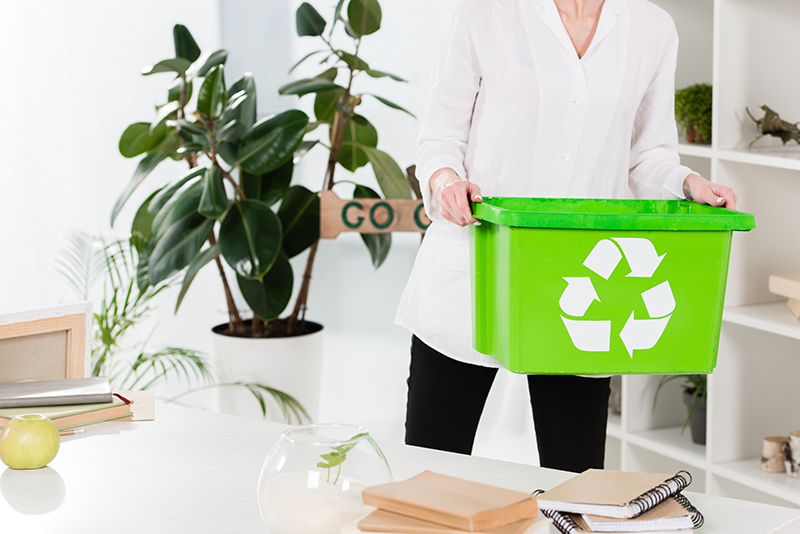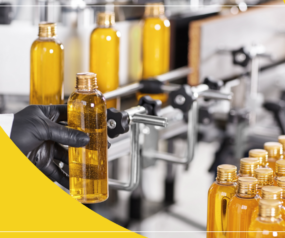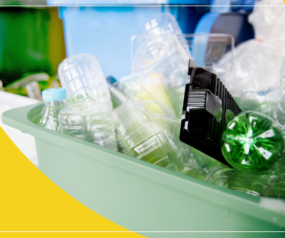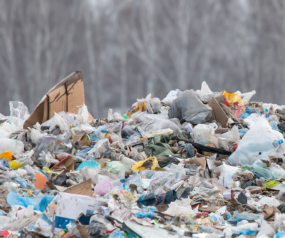Simple Recycling Facts You May Not Be Aware
Plas-Pak (WA), an established Australian-owned plastic manufacturer business, recognizes the need and relevance of recycling plastic.
Did you know that recycling just a single plastic drinking bottle can save enough energy to power and run a computer for a solid 25 minutes?
Are you planning on burning the plastic in an incinerator? You would have saved double the amount of energy should you have recycled it.
There are several other advantages and incentives behind recycling. Although, people may wonder why it is so vital for it to be strictly imposed in several countries all over the globe.
Impact To The Environment
Plastics are among the most versatile materials to work with. You can find plastic everywhere, whether at home, at work, out shopping, or even on vacation. However, because of the widespread use of plastics, there is now an overflowing and overwhelming amount to dispose of.
When plastic decomposes, a potent greenhouse gas, specifically methane gas, is emitted into its surroundings. Over time, the rate of emission of this gas gradually increases. Exposure of plastic materials to ambient solar radiation causes emissions, whether in water or air. However, the emission rates seem to be substantially higher in the air.
To make matters even worse, plastic is not biodegradable and thus will remain in the environment for an extended period. At most, plastic materials can take up to centuries to decompose and break once they’ve been discarded and dumped.
They clog up landfills and put a strain on waste-processing plants. Methane gas alone can account for up to 4% of landfill emissions.
Currently, several local governments are implementing and conducting measures and programs to reduce and minimize the amount and quantity of plastic waste that ends up in landfills.
Recycling is the typical project local authorities impose to protect the environment and generate new economic opportunities by converting bottles, packaging, and other plastic waste into new commodities. Recycling plastics can keep still-useful materials out of landfills. At the same time, it helps stimulate businesses to create fresh and innovative products using them.
More About Plastic Packaging
Whenever you pick up plastic packaging, you probably wonder about the meaning behind the triangle symbol found on it? That symbol is the Plastic Identification Code.
Interestingly, plastics are classified into numerous categories based on their molecular shape and make-up. Checking the Plastic Identification Code stamped on the finished and final product can help identify its type of plastic. This code specifies the resin type the plastic contains.
You may have noticed a surge in businesses using various forms of plastic packaging, but distinguishing between bioplastics and biodegradable plastics can be difficult for most.
Plastic can be created from bio-based resources or fossil-based. Both can make highly durable, non-biodegradable plastics, as well as biodegradable or compostable plastics.
Also, note that not all plastics are recyclable. Non-biodegradable plastic, whether fossil-based or bio-based, are the only one you can recycle.

Proper Way Of Recycling Your Plastic
- Return plastic shopping bags to your local shopping stores and supermarkets for recycling.
- You must remove the rings from six-pack holders and bottlenecks. Animals can get a hold of them. They could get caught in these rings, potentially leading to their slow, painful, and suffocating deaths.
- Most homes have recycling bins. Remove the tops of your plastic bottles before throwing them since these tops are usually made from different plastic bottles.
- Cling wraps, plastic bags, and bin liners should not be recycled in your recycle bin. It frequently gets stuck and trapped in the sorting machinery, resulting in machine damage.
- Takeaway containers, polystyrene foam, hot drink cups, and spongy black foam trays are not recyclable materials. Disposable diapers and syringes are also not designed to be recycled.
Check your item’s Plastic Identification Code. The majority of councils recycle and accept numbers 1, 2, and 3. Several cities have also decided to extend their recycling program by adding more numbers to their recycling systems, such as 4-7. However, it is crucial that you still double-check with your council or that you take a look inside your bin.
Plas-Pak (WA) is dedicated to developing more resource-efficient and recyclable packaging. Increasing the recovery and recycling of used packaging by families and away-from-home sources is critical.
Plas-Pak (WA) Strongly Believes in Plastic Recycling
At Plas-Pak (WA), we firmly believe that we have a duty to protect the environment. Our company procedures and policies ensure to minimize waste and that energy is conserved whenever possible.
We signed the Australian Packaging Covenant, a sustainable packaging project and initiative that strives to transform company culture to create and design more sustainable packaging, increase recycling rates, and reduce litter.
We devote ourselves to informing and educating our clients, business partners, and consumers of our products about the various ways to reduce waste.
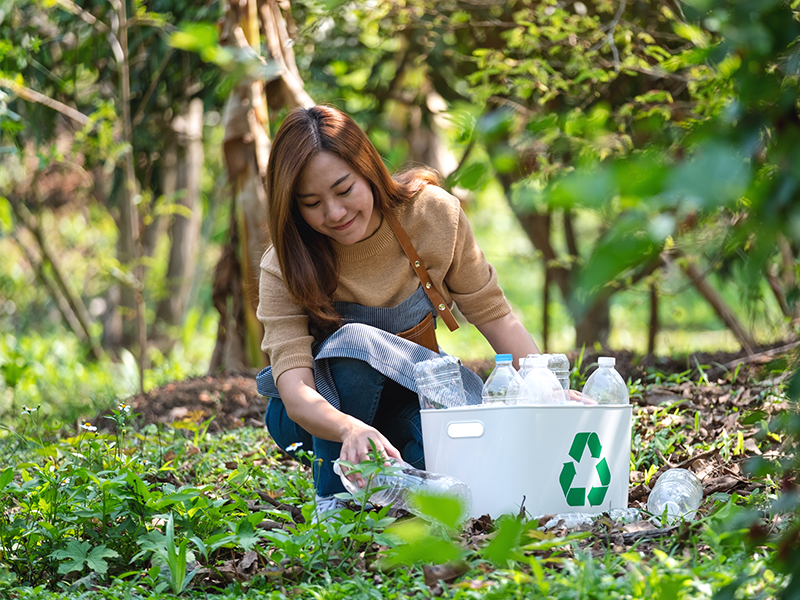
Conclusion
Plastic has steadily become a household staple for families and communities all around the world. It is part of the clothes you wear to the meals you consume. Given its importance and prominence — and the fact that scientists believe it takes between 450 and 1,000 years to dissolve (some argue it will never degrade) — understanding this material is critical.
Knowledge and understanding are the only means to change and transform the relationship between plastic and human’s need to protect their families, communities, and environment. So, the next time you empty a plastic bottle or container, don’t just toss or throw it out. Make sure you dispose of plastic in a manner that allows it to be recycled.

